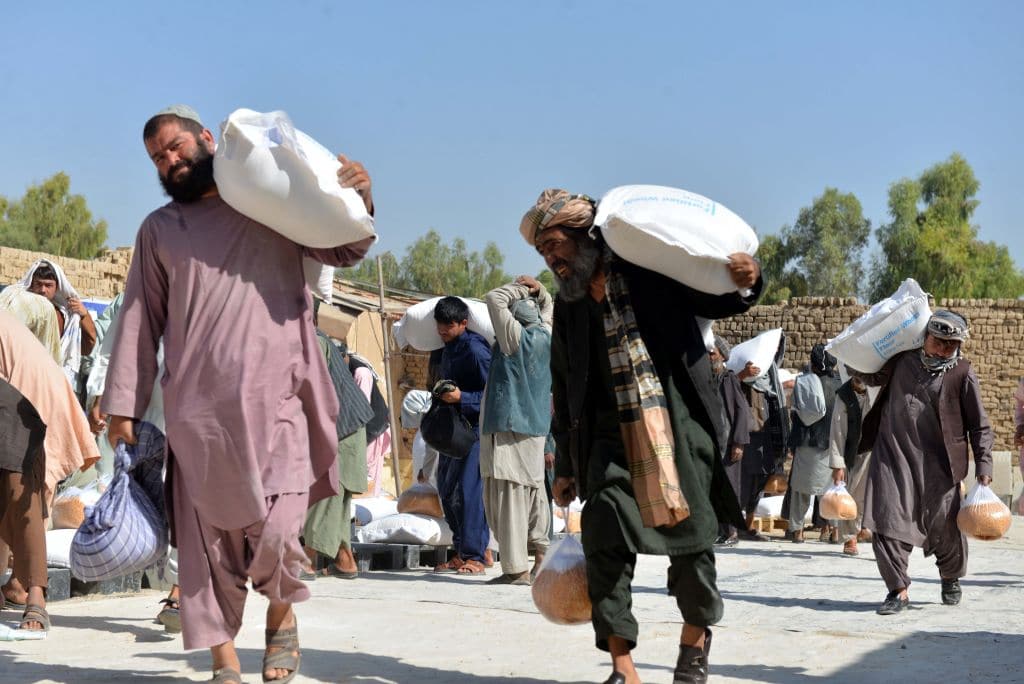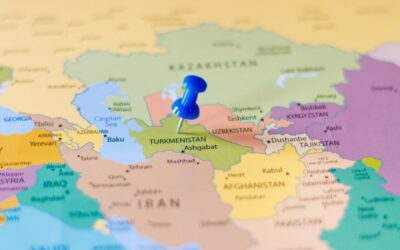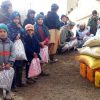
Amidst Fragile Progress, Humanitarian Situation in Afghanistan Shows Slight Improvement, Millions Remain in Crisis
26 March 2024
Afghanistan’s humanitarian landscape is witnessing tentative progress, as the United Nations notes a marked decrease in the number of individuals requiring aid. The country’s economic collapse in 2021, precipitated by governmental collapse, Taliban ascension, and subsequent withdrawal of international support, plunged Afghanistan into turmoil. For years, aid organizations have sounded the alarm on the looming specter of famine and widespread suffering. Last year, the U.N. reported over 29 million Afghans in dire need, but this figure has now diminished to 23.7 million, amidst a population estimated at 44.5 million.
“In Afghanistan, there are signs of fragile improvement, alleviating immediate crises,” asserts the U.N. Global Humanitarian Overview 2024. This positive shift has resulted in a notable reduction in the U.N.-led appeal for Afghanistan, dropping from $4.6 billion in 2023 to $3.07 billion this year. Despite these improvements, aid agencies caution against complacency. Becky Roby, advocacy manager at the Norwegian Refugee Council, emphasizes that despite the better figures, conditions remain dire, with economic stability hovering at alarmingly low levels.
The U.N. and relief workers credit these improvements to extensive humanitarian efforts over the past two years, despite a staggering 53% funding gap in 2023. Increased contributions from donors such as the United States, the Asian Development Bank, and the European Union have played a pivotal role in mitigating the crisis. Additionally, micro-level solidarity among Afghans and U.S. Treasury general licenses facilitating remittance flows have bolstered resilience.
While the de facto Taliban administration claims credit for stabilizing inflation and addressing corruption, aid agencies highlight ongoing Taliban restrictions, particularly on women’s employment, as severe impediments to humanitarian work. With over half of Afghanistan’s population requiring assistance, the U.N.’s appeal seeks $3 billion to aid 17.3 million people, yet only 7% of the required funds have been secured.
Foreign assistance has been instrumental in Afghanistan’s limited economic recovery since 2022. However, concerns persist regarding the Taliban’s policies, prompting Taliban spokesperson Zabihullah Mujahid to assert, “We don’t need their assistance. Spare us from their harms,” in response to fears that misogynistic policies could imperil aid.
there is not post in layout 2

Pakistani and Iranian Leaders Commit to Strengthen Cooperation in Combating Militancy Originating from Afghanistan
Pakistan and Iran, neighboring nations with a lengthy and permeable...














